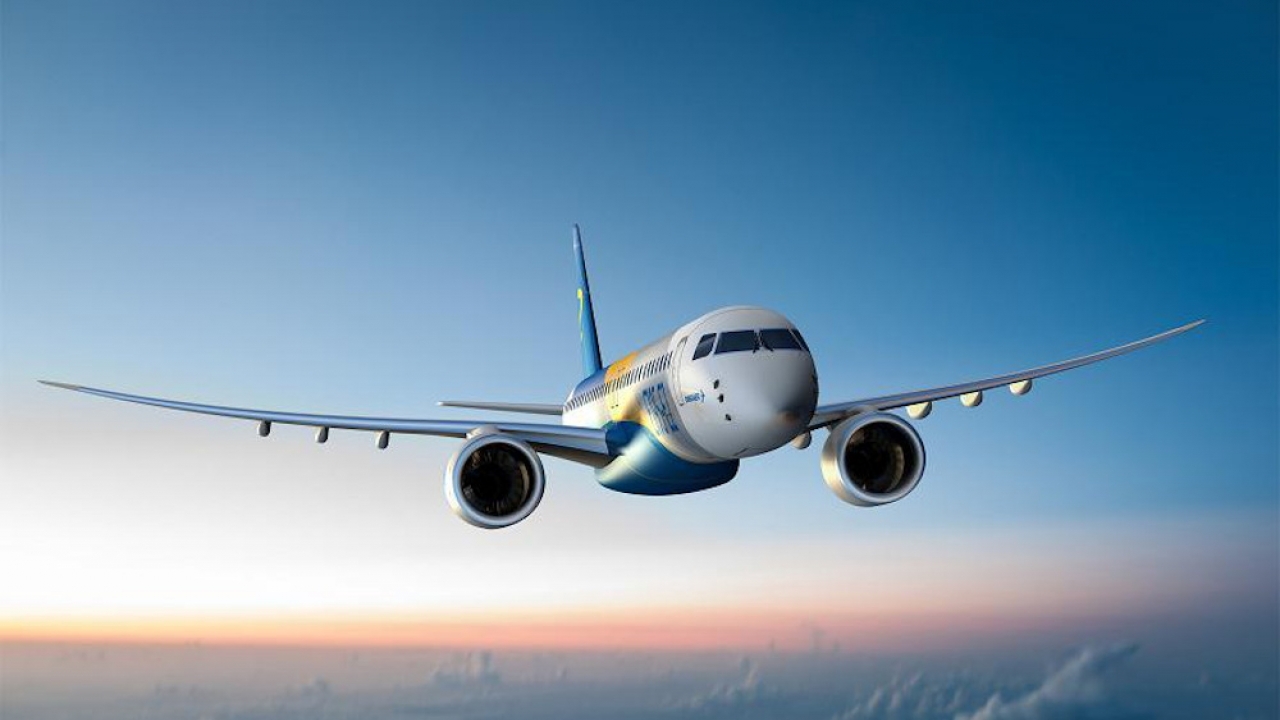Air Arabia posts record second quarter net profit of AED 210 million

Air Arabia registered a record net profit of AED 210 million for the three months ending June 30, 2019, an increase of 75 per cent compared to the AED 120 million reported for the same period last year. The company’s turnover for the second quarter of 2019 increased by 22 per cent to AED 1.144 billion, compared to AED 938 million in the corresponding period last year.
The strong second quarter financial results were backed by solid growth in passenger demand with Air Arabia serving over 3 million passengers from its four hubs in the UAE, Morocco and Egypt, an increase of 16 per cent compared to 2.59 million passengers carried in the same quarter last year. The average seat load factor – or passengers carried as a percentage of available seats – for the same quarter stood at an impressive 84 per cent.
Sheikh Abdullah Bin Mohamed Al Thani, chairman of Air Arabia said: “We are glad the strong Air Arabia performance witnessed in the first quarter of this year continued in the second quarter driven by our cost control measures, improved yield margins and strong passenger demand”.
Equally, Air Arabia reported strong set of results for the first half ending June 30, 2019 registering a net profit of AED 338 million; a 47 per cent increase compared to AED 230 million reported for the same period last year. The company’s turnover for the first six months of 2019 reached AED 2.173 billion, an increase of 20 per cent compared to AED 1.816 billion in the corresponding period last year. Air Arabia served over 5.82 million passengers from all its four hubs in the first half of 2019, an increase of 12 per cent compared to first half of 2018. The average seat load factor – or passengers carried as a percentage of available seats – for the same period stood at an impressive 84 per cent.
Al Thani continued: “Air Arabia’s record second quarter and first half 2019 performance reflects the strength of the business model we operate as well as the appealing demand for the value driven services that Air Arabia offers”.
“The global and regional aviation industry continued to be impacted by pressing economic challenges and escalating geo-political tensions during the first half of this year; and despite of that, Air Arabia managed to register record performance supported by strong passenger demand, momentum growth and operational efficiency” he added.
During the first half of 2019, Air Arabia received its first brand new Airbus A321 neo LR airplane bringing its total fleet size to 54 aircraft. The new Airbus A321, which accommodates 215 passengers, is the first of five aircraft to be delivered in 2019 that will help the carrier expand to new medium-haul markets in addition to strengthening the existing routes with increased seat capacity.
The carrier added a total of 10 new routes to its global network in the first half of this year. Flights from Air Arabia’s hub in Morocco commenced from Casablanca to Lisbon, Pisa, Prague and Tunis while new flights started between Tangier and Lyon; Fez and Rome. The carrier also expanded its operation from its Egypt hub with new flights connecting Sharm El Sheikh to Milan Bergamo, Amman and Luxor; as well as Sohag to Riyadh. Air Arabia also announced the launch of four new destinations from its main hub in Sharjah to Kuala Lumpur, Tunis, Vienna and Bishkek with flights commencing in third quarter of this year
Al Thani concluded: “Growth prospects for the MENA region remain strong for the aviation industry and especially for the low-cost travel segment. We look forward to the remaining of the year as we continue to focus on expanding our geographic reach, driving cost control measures and investing further in value-driven product offering to our customers.”
Stay up to date
Subscribe to the free Times Aerospace newsletter and receive the latest content every week. We'll never share your email address.

